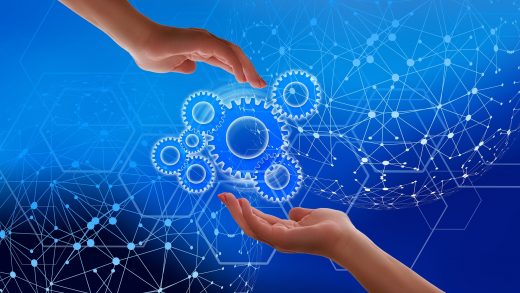The greater use of artificial intelligence (AI) may impact the cognitive skills of the next generation in a number of ways. Some possible impacts include:
- Increased reliance on AI: If the next generation becomes too reliant on AI to perform tasks and make decisions, they may not develop their own critical thinking and problem-solving skills as fully as they would if they had to rely on their own cognitive abilities.
- Decreased creativity and originality: AI algorithms are designed to perform specific tasks and follow pre-determined rules, which may limit the creativity and originality of the next generation.
- Increased specialization: The increasing use of AI may lead to the development of more specialized and narrow skill sets, as individuals may rely on AI to perform tasks outside their area of expertise.
- Changes in the job market: The increasing use of AI may lead to changes in the job market, with some jobs becoming obsolete and new ones emerging. This may require the next generation to adapt and learn new skills in order to stay employable.
Overall, the impact of AI on the cognitive skills of the next generation will depend on how the technology is used and how individuals choose to engage with it. If used wisely, AI can augment and enhance human cognitive abilities, but if over-relied upon, it could potentially limit the development of certain skills.




